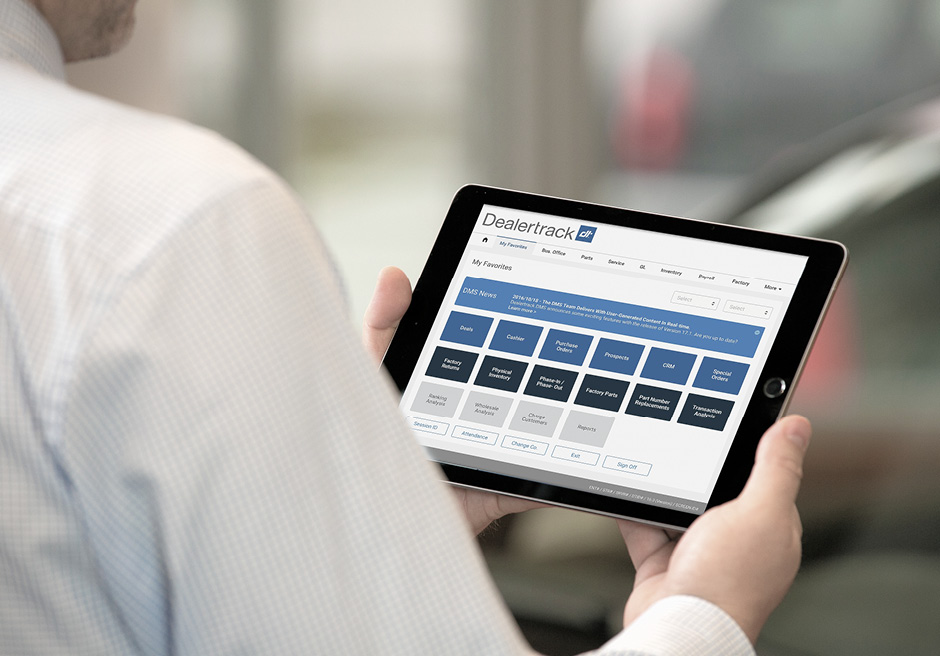Reducing Risks While Improving Efficiency
Three Questions to Ask About F&I Compliance Technology
Wednesday December 28, 2016
Article Highlights
- Technology integrated with your sales and F&I workflow can be invaluable in complying with regulations and protecting against ID fraud.
- Make sure your software includes verification checkpoints, such as Red Flags Reports, built into the workflow.
- Your compliance solution should also should also be able to help manage the mailing of notices and should include proper disclosures and pricing for aftermarket products.

The power of automotive retail technology is, in part, about connecting steps in the buyer’s journey to make the process more efficient. But it also handles other, crucial aspects, such as ensuring compliance with government regulations and providing protection against ID fraud. That’s important, and as such it’s vital to make sure your compliance solution is integrated across your sales and F&I workflow. Keep that in mind when you’re examining the value of this type of technology, and be sure to ask the following questions:
1. How does the software handle ID verification and safeguards?
Make sure there are verification checkpoints built into the workflow, such as Red Flags Reports, and that there’s an option of additional ID questions. It’s an important enhancement to dealership security, one that also helps to meet FTC and OFAC requirements.
2. Does the technology handle adverse action notices and risk-based pricing notices?
It should be treated as an integrated part of the workflow. For adverse action notices, the solution should also be able to help manage the mailing of notices, and provide a confirmation that the notice was sent.
3. Is aftermarket product selling factored into the compliance offering?
Proper aftermarket disclosures, along with a consistent presentation approach and accurate pricing will reduce the risk of non-compliance.
In addition to technology, compliance solutions require a deep resource of knowledge. Integration through technology is key, but it’s also important to provide a high standard of guidance that spans relevant moments at the showroom – from in-the-moment sales conversations to advertising decision-making, and more. Click here to learn more about Dealertrack’s F&I Compliance solution, as well as our annual Compliance Guide.

